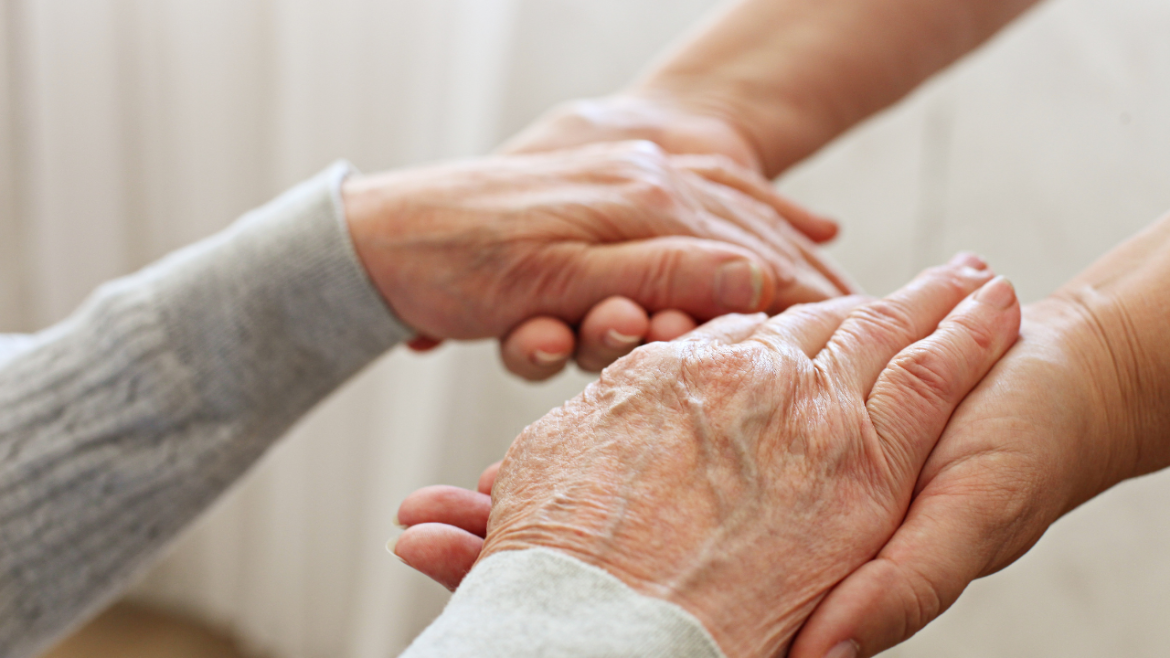Did you know that Leading Edge Senior Care has a Dementia Support Group? We meet monthly in Mesa. For more details <click here>
Companion Care VS. Personal Care For Seniors
When it comes to senior care, finding the right type of assistance is crucial for their well-being and happiness. Understanding the differences between companion care and personal care can significantly impact the quality of life for seniors. Both forms of care provide essential support, yet they cater to different needs. Let’s delve into the distinctions between companion care and personal care to help you make an informed decision for your loved one. Companion Care VS. Personal Care For Seniors
Understanding Companion Care:
Companion care primarily focuses on the emotional well-being of seniors. Companions are friendly, empathetic individuals who engage seniors in social activities, provide companionship and offer emotional support. They are essential for seniors who may be feeling lonely or isolated.
Benefits of Companion Care:
- Emotional Support: Companions offer a listening ear, providing emotional solace and reducing feelings of loneliness.
- Social Engagement: They engage seniors in activities, outings, and hobbies, fostering a sense of purpose and happiness.
- Assistance with Daily Activities: While not as intensive as personal care, companions can assist with light housekeeping, meal preparation, and medication reminders.
Understanding Personal Care:
Personal care, on the other hand, is more hands-on and is designed for seniors who require assistance with their daily activities. Personal caregivers help with tasks like bathing, dressing, grooming, toileting, and mobility assistance. This level of care is essential for seniors with physical limitations or health conditions that hinder their independence.
Benefits of Personal Care:
- Assistance with Daily Living Activities: Personal caregivers provide essential help with tasks that seniors might find challenging, ensuring their hygiene and overall well-being.
- Physical Support: For seniors with mobility issues, personal caregivers assist in moving around, and preventing accidents and falls.
- Medication Management: Personal caregivers often oversee medication schedules, ensuring seniors take their medications as prescribed.
Choosing the Right Care for Your Loved One:
- Assess Your Loved One’s Needs: Determine whether your loved one requires emotional companionship or more intensive physical support.
- Consult with Professionals: Seek guidance from healthcare professionals or social workers who can assess your loved one’s needs accurately.
- Consider a Combination: Depending on your loved one’s condition, a combination of companion care and personal care might be ideal. This approach ensures both emotional well-being and physical assistance.
The Importance of Emotional Well-being:
While personal care addresses physical needs, emotional well-being is equally crucial. Loneliness and social isolation can lead to depression and other health issues. Even when personal care is necessary, incorporating companion care elements like social engagement and emotional support can significantly enhance a senior’s quality of life.
Conclusion:
Choosing between companion care and personal care depends on your loved one’s specific requirements. By understanding the differences and evaluating your loved one’s needs, you can ensure they receive the right level of support, promoting their overall well-being and happiness.
In the end, both companion care and personal care play vital roles in enhancing the lives of seniors. Whether your loved one needs a companion to share stories and laughter with or a personal caregiver for essential daily activities, the right choice can bring comfort, joy, and security into their lives.

